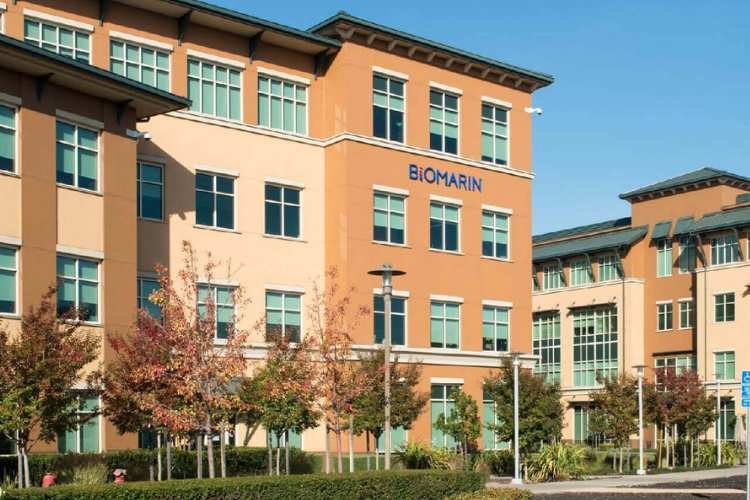BioMarin, the California-based biotech giant, is embarking on a mission to create its most robust pipeline in history, with a strategic focus on leveraging its already-approved medications as a springboard.
In June, BioMarin secured FDA clearance for Roctavian, a groundbreaking one-time gene therapy for severe hemophilia A in adults. However, for BioMarin, this was just the initial stride, as the company envisions expansion within the hemophilia population, including adolescents, and venturing into the Japanese market. A similar trajectory is anticipated for Voxzogo, which gained FDA approval for achondroplasia, a genetic disorder affecting bone growth and causing disproportionate short stature, late in 2021.
BioMarin has held discussions with the FDA regarding a pathway to explore Voxzogo’s potential in hypochondroplasia, a related genetic disorder with subtler effects. The biotech anticipates the launch of a pivotal phase 3 trial for children with this condition later this year, building on the drug’s established durability and safety profile.
This solid footing in late-stage development allows BioMarin to diversify its portfolio further. The company is gearing up to accelerate the pace of investigational new drug (IND) applications to expedite the progression of promising candidates into clinical trials. The goal is to foster sustainable growth, with a target of submitting two new INDs each year.
During an R&D day, BioMarin unveiled two promising newcomers: BMN 365 and BMN 355, aimed at addressing unmet medical needs. BMN 365 targets plakophilin-2 mutations and arrhythmogenic right ventricular dysplasia/cardiomyopathy, a condition marked by irregular heartbeats and potential sudden death. BioMarin is exploring the use of gene therapy to replace the faulty gene, potentially reversing arrhythmia and restoring cardiac function. Preclinical studies have shown promise, and IND-enabling studies are slated for the coming year.
The second addition, BMN 355, is a monoclonal antibody designed for long-QT syndrome types 2 and 3, conditions causing abnormal heart rhythms due to electrical dysfunction in the heart. Currently lacking disease-modifying treatments, BioMarin is planning a global trial for this preclinical candidate in 2025.
BioMarin is also on track to submit two INDs by year-end for its existing pipeline, including BMN 349 targeting alpha-1 antitrypsin deficiency—a rare inherited disorder that can lead to lung and liver disease. IND-enabling studies for this small-molecule candidate are nearing completion, with clinical entry expected shortly.
Intriguingly, BioMarin unveiled preclinical data for AAV gene therapy BMN 293, set to initiate human trials next year. This therapy targets myosin binding protein C3 hypertrophic cardiomyopathy, a condition that, while treatable with beta blockers, BioMarin aims to address with a single-dose solution.
BioMarin is actively pursuing BMN 351, a next-generation antisense oligonucleotide therapy for Duchenne muscular dystrophy. IND-enabling studies have concluded, and findings are being submitted to health authorities.
Furthermore, BMN 255, which recently completed a phase 1 study for nonalcoholic fatty liver disease (NAFLD), a condition that can progress to nonalcoholic steatohepatitis, is a key focus. BioMarin is tackling this challenging condition by examining a subset of NAFLD patients with hyperoxaluria, a rare condition characterized by recurrent kidney stones. A pivotal phase 2/3 trial evaluating the oral small molecule is currently underway.
BioMarin’s commitment to advancing cutting-edge therapies across a spectrum of rare diseases underscores its dedication to improving the lives of patients and its ambitious goal of building its most robust pipeline to date.





























